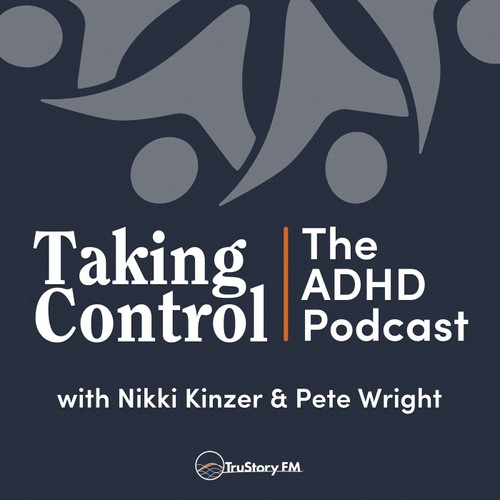
 Taking Control: The ADHD Podcast
Taking Control: The ADHD Podcast ADHD Duos • The Flooded Brain: ADHD, Emotion, and the Biology of Overwhelm with Dr. Dodge Rea & Dr. Sharon Saline
47 snips
Apr 24, 2025 Dr. Dodge Rea, an ADHD expert known for his unique grace sequence approach, joins Dr. Sharon Saline to discuss the neuroscience of emotional flooding in ADHD. They explore how overwhelming emotions are not flaws but responses shaped by biology and experience. Insights into the amygdala's role, coping strategies like the STAR approach, and the importance of self-compassion offer listeners practical tools for managing emotional dysregulation. They also highlight how humor and community can aid in processing these complex feelings.
AI Snips
Chapters
Transcript
Episode notes
Amygdala's Role in Flooding
- Emotional flooding occurs when the amygdala takes over due to perceived danger, overpowering the executive functions of the prefrontal cortex.
- This causes feelings to come too fast and intense, making it hard to think clearly or regulate emotions effectively.
Freeze as Emotional Flooding
- Emotional flooding can be understood as the freeze response in the fight, flight, or freeze system, especially in ADHD.
- This freeze is a state of being activated yet unable to act, leading to overwhelm and paralysis.
Fear and Shame Amplify Flooding
- Emotional flooding in ADHD is tied closely to fear and shame rooted in past experiences.
- This history amplifies emotional responses, making reactions feel larger than the current situation warrants.
